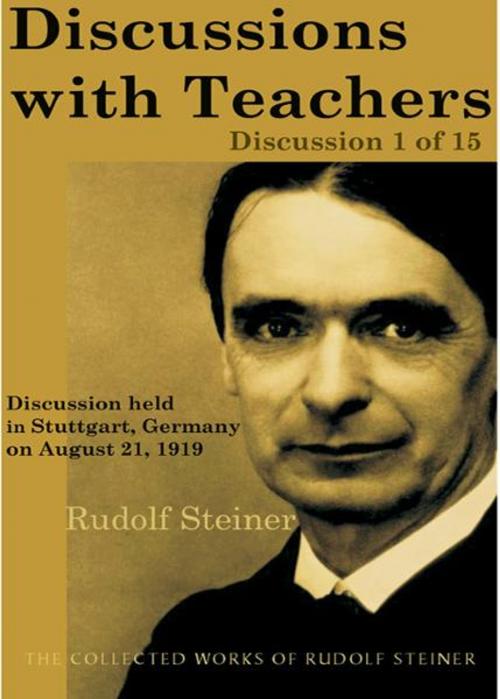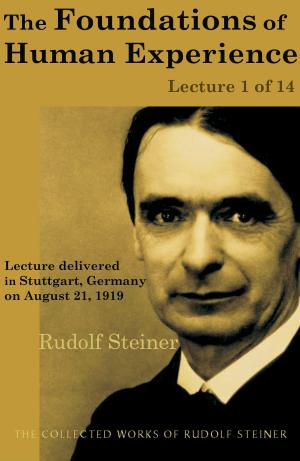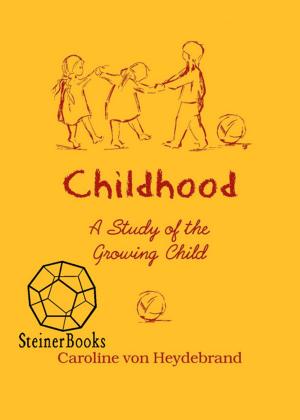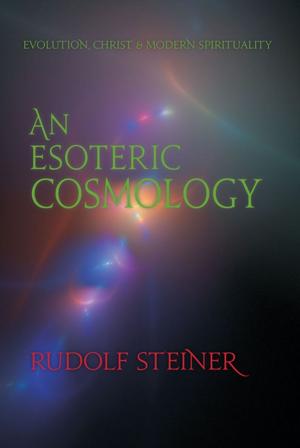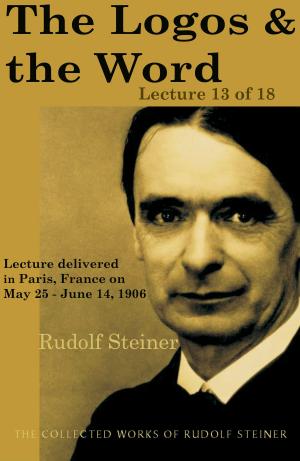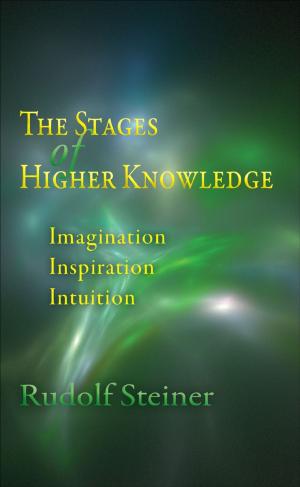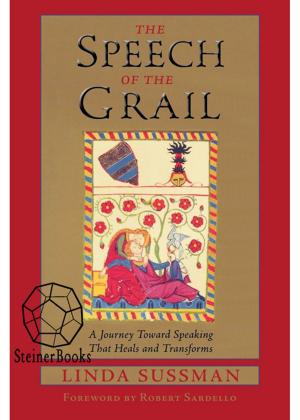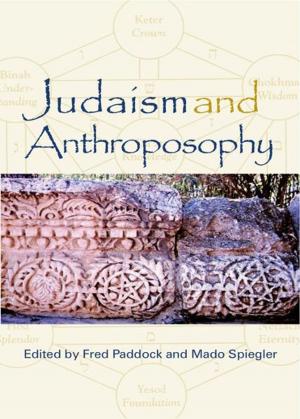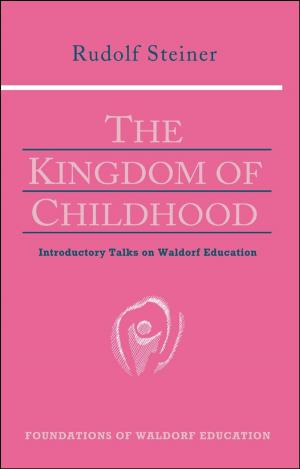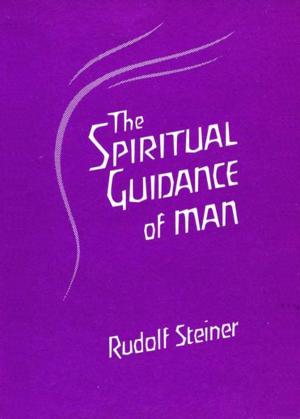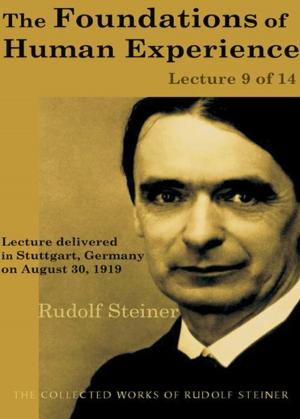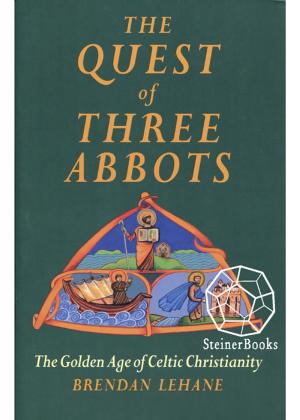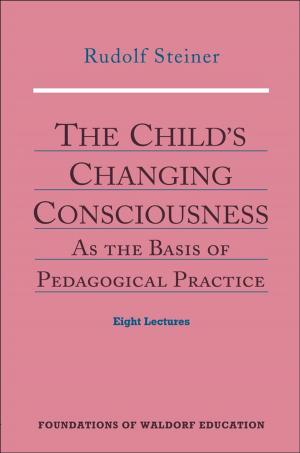Discussions with Teachers: Discussion 1 of 15
Nonfiction, Reference & Language, Education & Teaching, Educational Theory, Philosophy & Social Aspects| Author: | Rudolf Steiner | ISBN: | 9780880108201 |
| Publisher: | SteinerBooks | Publication: | March 1, 1997 |
| Imprint: | SteinerBooks, Collected Works 295 | Language: | English |
| Author: | Rudolf Steiner |
| ISBN: | 9780880108201 |
| Publisher: | SteinerBooks |
| Publication: | March 1, 1997 |
| Imprint: | SteinerBooks, Collected Works 295 |
| Language: | English |
This lecture is part of the collection "Discussions with Teachers" by Rudolf Steiner. Steiner (1861-1925) was an Austrian philosopher, social reformer, architect, and esotericist. He gained initial recognition as a literary critic and cultural philosopher. At the beginning of the 20th century, he founded a spiritual movement, Anthroposophy. He is considered the father of Waldorf education, biodynamic agriculture, anthroposophical medicine and spiritual science. The four temperaments, and the nature of the I, astral, etheric, and physical principles as their origin. Some characteristics of each and how to treat them. Polarity in the temperaments. Placement of children in the classroom. The main lesson. Sequence of fairy tales, fables, and Bible stories. A question about melancholics. Examinations better omitted. The entire Collected Works of Rudolf Steiner are available from SteinerBooks.
This lecture is part of the collection "Discussions with Teachers" by Rudolf Steiner. Steiner (1861-1925) was an Austrian philosopher, social reformer, architect, and esotericist. He gained initial recognition as a literary critic and cultural philosopher. At the beginning of the 20th century, he founded a spiritual movement, Anthroposophy. He is considered the father of Waldorf education, biodynamic agriculture, anthroposophical medicine and spiritual science. The four temperaments, and the nature of the I, astral, etheric, and physical principles as their origin. Some characteristics of each and how to treat them. Polarity in the temperaments. Placement of children in the classroom. The main lesson. Sequence of fairy tales, fables, and Bible stories. A question about melancholics. Examinations better omitted. The entire Collected Works of Rudolf Steiner are available from SteinerBooks.
